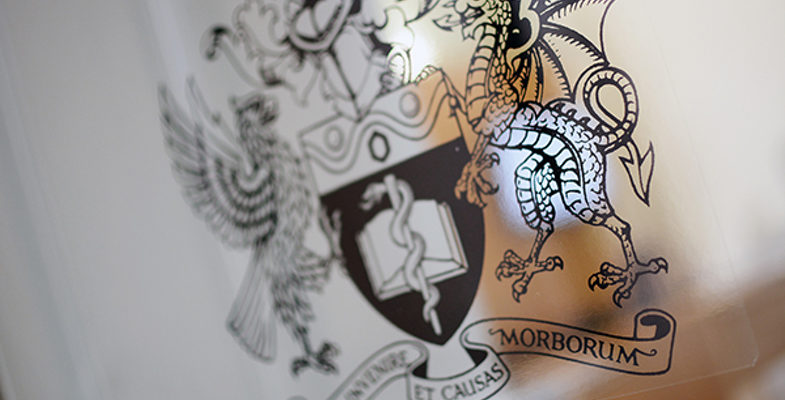Royal Charter, Ordinances and By-laws
The College's Royal Charter, Ordinances and By-Laws define the objectives of the College as to:
- advance the science and practice of pathology
- further public education in the field of pathology
- promote study and research work in pathology and related subjects and publish the results of such study and research.
The Charter also lays down the specific powers that the College may exercise in delivering against these objectives which include setting professional standards, design and conduct of training, setting examinations and awarding certificates and diplomas. The College has no regulatory authority.
The College’s role ensures that high quality standards of knowledge and expertise are maintained in all areas relating to pathology. The College ensures that pathologists are qualified and up to date in their practice by:
- Setting standards for training in pathology
- Examining and assesing against these standards
- Providing a continuing professional development scheme
- Running scientific symposia on a national and regional basis.
The College looks after the interests of patients by:
- Producing guidelines and other documents that set standards of best practice
- Providing professional and technical advice to policy makers and governments
- Ensuring lay representation on all major College committees
- Supporting organisations that provide resources for patients to find out about the various clinical tests that are used in their diagnosis and treatment.
The College is committed to strengthening the research base of pathology by:
- Managing research awards
- Awarding bursaries
- Supporting members who undertake research activities as part of their day to day work.
The goals of the College's public engagement programme are to:
- Raise awareness of pathology and its crucial role in treating and curing disease
- Support the teaching of science in secondary schools
- Increase interest in pathology as a career option
- Work to engage the public in science and pathology.

